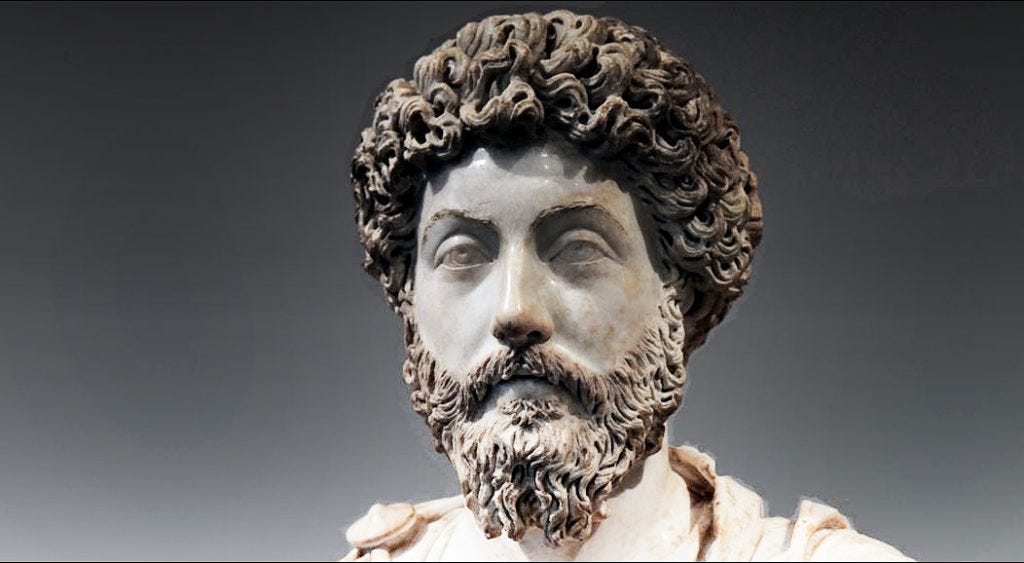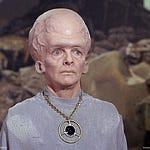Written by Matthew Archer.
What was Plato’s worst idea? In the Republic, he famously makes the case (through Socrates) that either philosophers should rule societies or kings must become philosophers. It’s an idea that has come under much criticism, most famously from Karl Popper, who traced the rise of totalitarianism in the 20th century back to Plato’s philosopher kings, with their dreams of social engineering and idealism.
But here’s a critique you might not have heard: philosopher kings would be just as bad as the rest of us when it came to making certain ethical decisions central to good leadership. At least, today’s philosophers would be, according to fascinating research by the philosopher Eric Schwitzgebel and the psychologist Fiery Cushman.
The authors wanted to find out if academic philosophers are better at making moral judgements than ordinary folk. Specifically, they wanted to see if philosophers were able to overcome the distorting power of certain arbitrary effects, like the order in which moral dilemmas are presented or how they are framed.
Schwitzgebel and Cushman gave their participants two of three moral dilemmas. One of which was the now famous trolley problem. If you don’t know it:
You’re standing on a footbridge over some train tracks and you see that a runaway boxcar is heading down a track with five workers on it. They will definitely be killed unless you flick a switch and send the boxcar down another track where only one will be killed. This is the SWITCH option. In the PUSH alternative, there’s no switch, instead, you have to push a fat man off the bridge into the path of the boxcar to stop it, saving the five workers but killing him. Finally, the DROP option allows you to pull a lever activating a trapdoor under the fat man.
So Schwitzgebel and Cushman presented participants with two of these options in a random order. They were then asked to rate them from extremely morally bad to extremely morally good.
Bizarrely, both philosophers and non-philosophers were more likely to rate the SWITCH scenario as morally equivalent to the PUSH or DROP options when they encountered PUSH or DROP before SWITCH.
This is what psychologists call an order effect — a phenomenon whereby the order in which the questions or possible responses are presented changes the respondents' answers in a more or less systematic fashion.
And it’s not like the philosophers were rushed into rating the three options. Half of them were put in a reflection condition. In this condition, Schwitzgebel and Cushman told the philosophers what they were hoping to measure, almost begging them to think carefully!
The authors then tested the philosophers with a classic framing experiment. The result? The philosophers picked a riskier policy option when a disaster scenario was framed in terms of the number of deaths rather than the number of lives saved, despite the fact that the options were identical in terms of outcome.
These two studies weren’t small either. 497 philosophers took part, 97 per cent of whom held PhDs, and 21 per cent described themselves as professors with a specialisation in ethics. Schwitzgebel and Cushman gave the philosophers every possible chance to prove that Plato’s theory of specialisation is correct, but:
We could find no level of philosophical expertise that reduced the size of the order effects or the framing effects on judgments of specific cases.
Think about how depressing this result is: Training in logical reasoning, encouraging deliberative thought, and exposure to information both about the specific biases in question and about the specific scenarios in which those biases manifest, made no difference to the outcomes.
Even Schwitzgebel and Cushman admit in their concluding remarks that part of them still doesn’t believe that expertise doesn’t have an effect:
We confess that we find our main result surprising: that is, our across-the-board failure to find evidence for philosophical expertise and reflection in moderating biased moral judgment. We would have thought – we are still inclined to think – that at a high-enough level of expertise people won’t be much swayed by order and framing, at least when they report having stable opinions and are encouraged to answer reflectively. We wouldn’t expect, for example, that Judith Jarvis Thomson (Thomson, 1985) or John Martin Fischer (Fischer & Ravizza, 1992) would rate Push and Switch equivalently if the scenarios are presented in one order and in-equivalently if they are presented in another order. However, if there is a level of philosophical expertise that reduces the influence of factors such as order and frame upon one’s moral judgments, we have yet to find empirical evidence of it.
One might object that today’s philosophers are not exactly what Plato had in mind when he envisioned his Übermensch (to mix philosophers). What’s more, there’s the ecological validity criticism, too: most decisions made by specialists probably don’t involve this level of psychological trickery. And even if they did, we can safeguard against many biases. One well-known technique for doing so is that of “red teaming”, whereby a group
[…] plays the role of an enemy or competitor to provide security feedback from that perspective. Red teams are used in many fields, especially in cybersecurity, airport security, the military and intelligence agencies.
However, what I believe this research does suggest is that Plato’s philosopher king is almost certainly an unobtainable goal at the individual level. Even for the most autistic among us.
Matthew Archer is Editor-in-Chief of Aporia.












